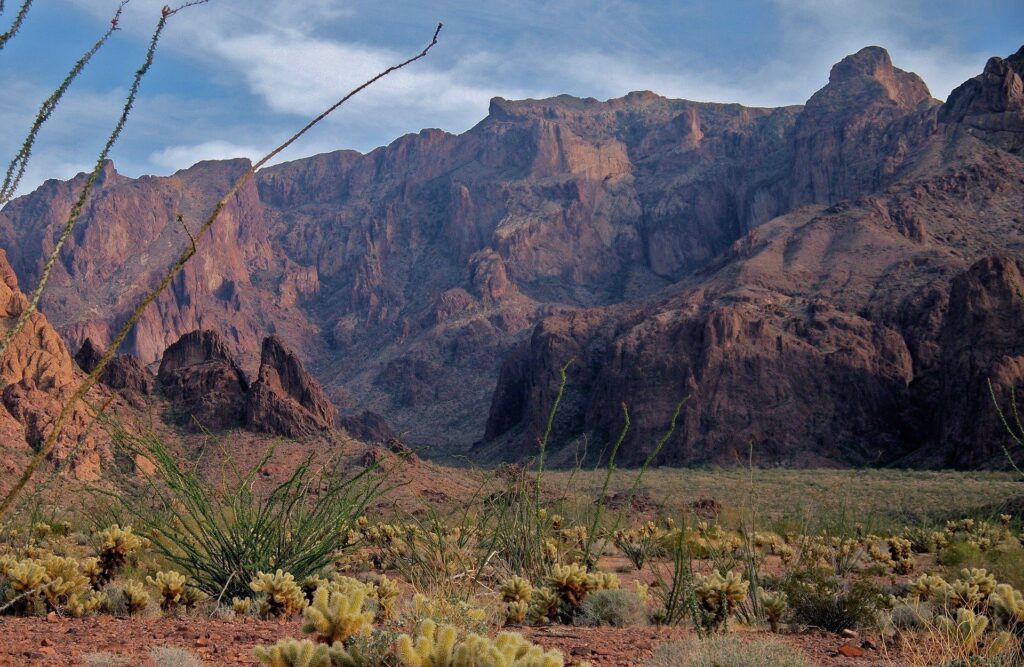
The May U.S. Supreme Court denial of certiorari in Apache Stronghold v. United States (in which Gorsuch and Thomas dissented) marks a clear loss for religious freedom.
Western Apaches have lived, worshipped on, and cared for Oak Flat land since before history began to be recorded. Many of their most important religious practices must take place there. It is considered the direct corridor to Apache religion. It is recognized in the National Register of Historic Places. Since the Eisenhower Administration, the federal government has protected Oak Flat from mining because 7,000 feet below lies a large copper deposit. Companies have long lobbied Congress to give them control of the land. Congress refused until 2014, when a last-minute rider was attached to a must-pass defense bill. The rider ordered Oak Flat to be transferred to Resolution Copper.
Western Apaches sued the U.S. government in federal court, arguing that the destruction of this sacred site violates the Religious Freedom Restoration Act (RFRA) and an 1852 treaty promising that the United States would protect their land and “secure the permanent prosperity and happiness” of the Apaches. The government admits the mine will destroy Oak Flat forever, thereby making the Apaches’ religious practices impossible.
On June 24, 2022, the Ninth Circuit Court of Appeals, in a 2-1 decision, refused to protect Oak Flat, ruling that the land transfer did not substantially burden the Apaches’ religious exercise. In November 2022, the Ninth Circuit agreed to rehear the case en banc, and CLS joined an amicus brief in support of Apache Stronghold. The brief responded to an argument the Biden Administration had chosen to emphasize for the first time at the en banc stage—that RFRA does not apply in this case because it cannot bind the actions of a later Congress. CLS joined the brief because it is not hard to imagine how damaging it would be for religious freedom if the en banc Ninth Circuit held that Congress can implicitly exempt new legislation from RFRA.
Unfortunately, the Ninth Circuit again refused to stop the federal government from transferring the sacred site to Resolution Copper. While six judges observed that the ordinary meaning of “substantial burden” under RFRA includes the destruction of Oak Flat, triggering the need for the government to justify itself, a separate and controlling en banc opinion of six judges crafted a carveout to the phrase’s ordinary meaning—and thus to RFRA’s protection—for cases involving “the Government’s management of its own land and internal affairs.” Five judges dissented from the ruling, writing that the majority “tragically err[ed]” in allowing the government to “obliterat[e] Oak Flat” and prevent the “Western Apaches from ever again” engaging in their religious exercise.
CLS filed an amicus brief in support of Apache’s cert petition to the U.S. Supreme Court requesting review of the 9th Circuit en banc decision, but the Court declined to hear the case in May 2025. In late June 2025, Apache announced it would formally submit a second request to the Court, a long shot given the recent history, unless the forthcoming decision in Mahmoud v. Taylor is a favorable one.




